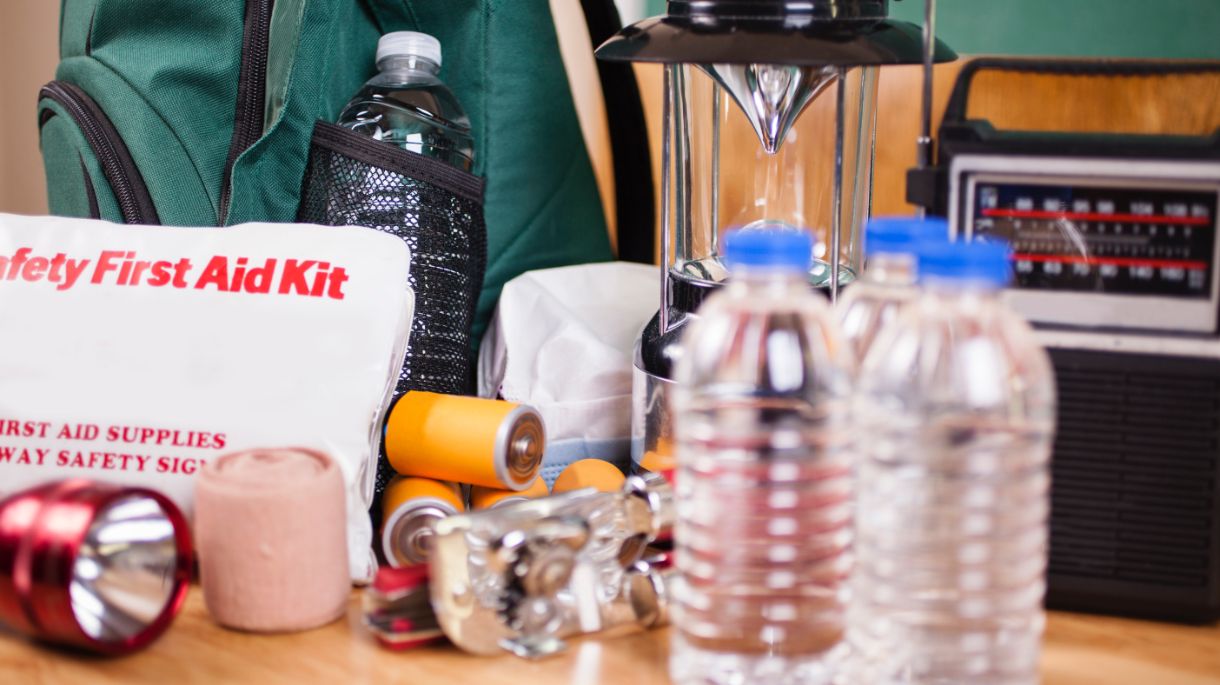
Emergencies can happen at a moment’s notice. And that can be pretty scary. This is especially true if you’re receiving infusion or nutrition therapy. Planning ahead helps you stay on your medications when something unexpected happens. Start by following this basic checklist to help ensure your unique needs are met even during an emergency.
-
Prepare an emergency supply kit that has at least a three-day supply of your therapy, supplies, extra batteries for your pump, food and water. Create an emergency plan with who to call, where to go and what to take with you
-
Know what to do during different types of emergencies, and how to manage your infusion medications or nutritional needs
-
Ask your local officials like the fire department or hospital if they provide special support for people with medical needs like yours
-
Obtain a letter from your doctor that explains why you have a critical need for emergency services. Then contact your local power/utility companies and provide them with this letter
-
Make a back-up plan with your doctor and pharmacy. Write down how you get enough medication and supplies if you’re unable to use the ones at home. Know how to store your medications properly especially if you usually refrigerate them
-
If you receive nutrition therapy, find a way to transport your nutrition therapy and supplies while keeping them at the recommended temperature. A cooler with frozen ice packs is a good solution
-
Work with your family to create escape routes and evacuation plans. Know how to contact your loved ones in case you get separated
- Keep an emergency medical card handy that includes:
- Your name, address and phone number
- Birth date
- Blood type
- Allergies
- Health insurance information
- Doctor and pharmacy name(s) and phone number(s)
- Medical condition(s) and disabilities
- Medication list (including nutrition support therapy) and medical equipment settings
- Immunization dates
- Special assistance or equipment needs
- Emergency contact information
Being prepared can give you peace of mind. It can also help you stay on track with your treatment plan. Visit the following resources to learn more about preparing for emergencies:
Disclaimers:
This information is not a substitute for medical advice or treatment. Talk to your doctor or health care provider about your medical condition and prior to starting any new treatment. Coram assumes no liability whatsoever for the information provided or for any diagnosis or treatment made as a result.
Your privacy is important to us. Our employees are trained regarding the appropriate way to handle your private health information.
